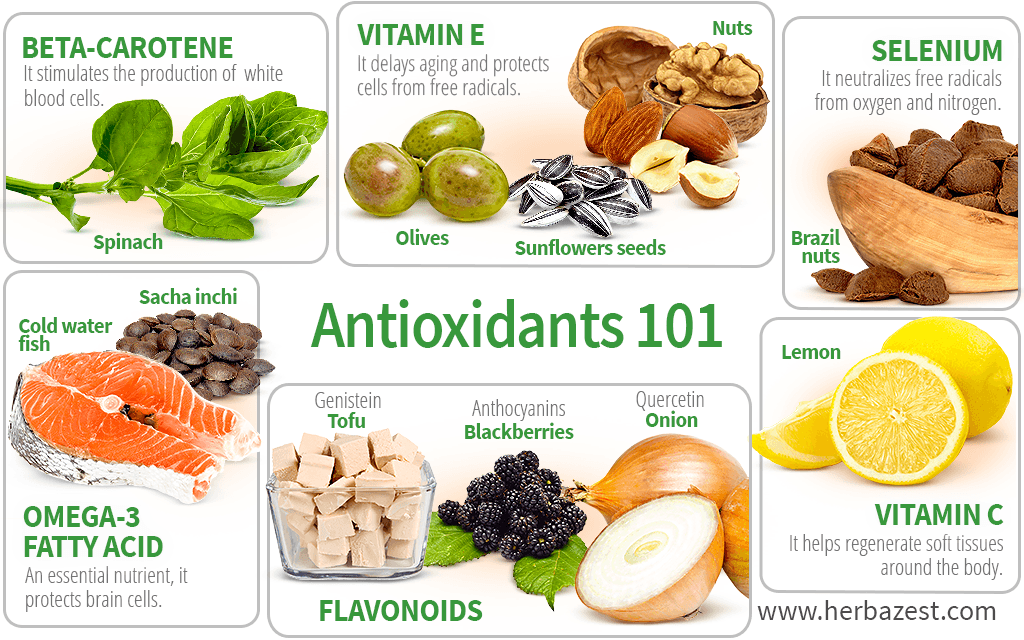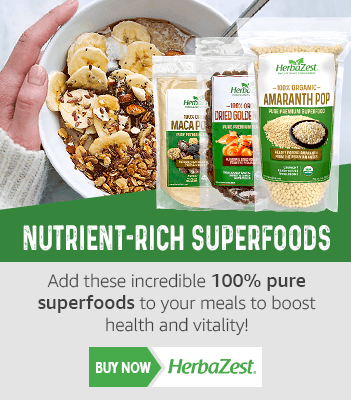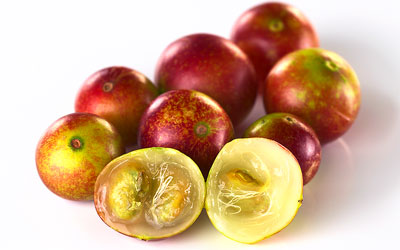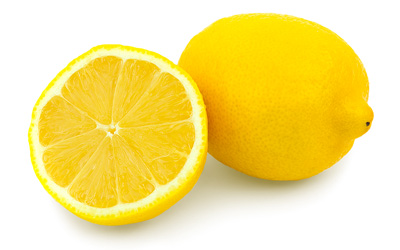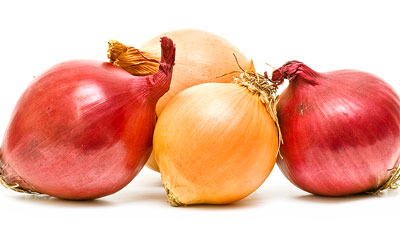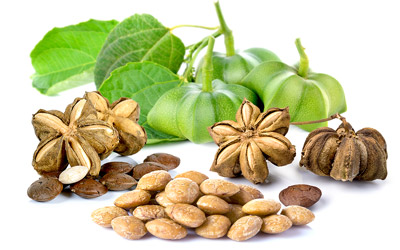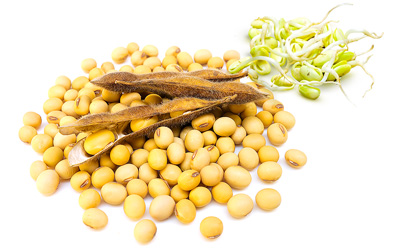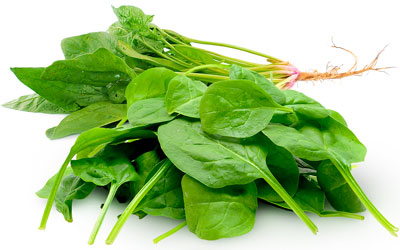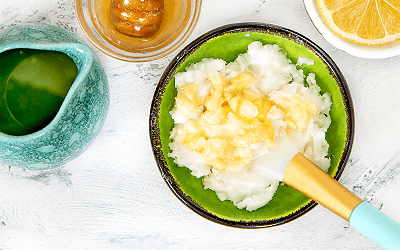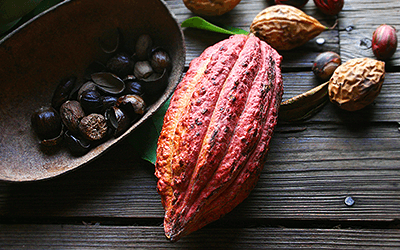Antioxidants play a vital role in defying the aging process by keeping the skin looking fresh, healthy, and youthful.
Healthy cells in the body are under constant threat by highly reactive atoms or molecules known as free radicals. Free radicals cause damage when they interact with DNA or cell membranes in the body. This type of cellular destruction is understood to pave the way to skin damage, degenerative illnesses, heart disease, and strokes.
The body's defense system against these free radicals relies on antioxidants, which are compounds - such as vitamins, minerals, and phytochemicals - that can neutralize free radicals and prevent cellular damage. Fortunately, many foods contain compounds with antioxidant properties, and they can be easily added to everyday diet.
Vitamin C
Vitamin C, also called ascorbic acid, is found in citrus fruits. It is one of the most publicized vitamins for its various health properties, mainly its significant antioxidant abilities. Not only is this vitamin itself an antioxidant, but it can also help regenerate other antioxidants in the body. Consider incorporating lemons and camu camu into your diet as a way of boosting your vitamin C intake.
Vitamin E
Vitamin E is a fat-soluble nutrient with a considerable antioxidant function, making it one of the most important nutrients for cell protection and healthy cell functioning. Nuts and seeds, particularly sunflower seeds, as well as olives are fantastic sources of vitamin E.
Beta-carotene
Beta-carotene is found in leafy greens, with spinach having one of the highest amounts. The nutrient is converted into vitamin A in the body to exert antioxidant effects and also stimulate the production of protective white blood cells in the bloodstream.
Omega-3 Fatty Acids
There are three different omega-3 fatty acids: α-linolenic acid (ALA), eicosapentaenoic acid (EPA), and docosahexaenoic acid (DHA). They offer a range of health benefits, including antioxidant actions. The human body cannot produce omega-3s, which makes it all the more important to incorporate their sources into your diet, such as coldwater fish and sacha inchi.
Flavonoids
Flavonoids are polyphenolic compounds that exert antioxidant activities in the body. Quercetin is an antioxidant flavonoid found in onion. Also a flavonoid, genistein has antioxidant properties and can be sourced from soy products, such as tofu. Anthocyanins are another type of flavonoids with antioxidant properties, and they're found in foods that have vibrant red and purple colors, such as blackberry.
Selenium
Plant-based selenium, an essential trace mineral in humans, is a potent antioxidant. Notably, it can neutralize free radicals' oxygen and nitrogen. The mineral is found in high proportions in brazil nuts.
Although the direct links between antioxidants and prevention of serious illnesses remains inconclusive, the health benefits of antioxidants are undeniable.1 Ongoing scientific research about the medical potential of antioxidants is testament to the importance of boosting vitamin E, vitamin C, omega-3, beta-carotene, selenium, and healthy flavonoid intake wherever possible. Conveniently, these nutrients can be easily and affordably obtain from everyday foods sources.
Sources
- Environmental Health and Preventative Medicine, Selenium: its role as antioxidant in human health, 2008
- Harvard University, Antioxidants: Beyond the Hype
- Office of Dietary Supplements, Vitamin C: Health Professional's Fact Sheet
- Oregon State University, Antioxidant Activities of Flavonoids | The Possible Health Benefits of Anthocyanin Pigments and Polyphenolics
- Rice University, Antioxidants and Free radicals
- Stanford Medicine Cancer Institute, Phytochemicals, Antioxidants, and Omega-3 Fatty Acids
Footnotes:
- Harvard. (n.d.). Antioxidants. Retrieved March 1, 2023 from https://www.hsph.harvard.edu/nutritionsource/antioxidants/

